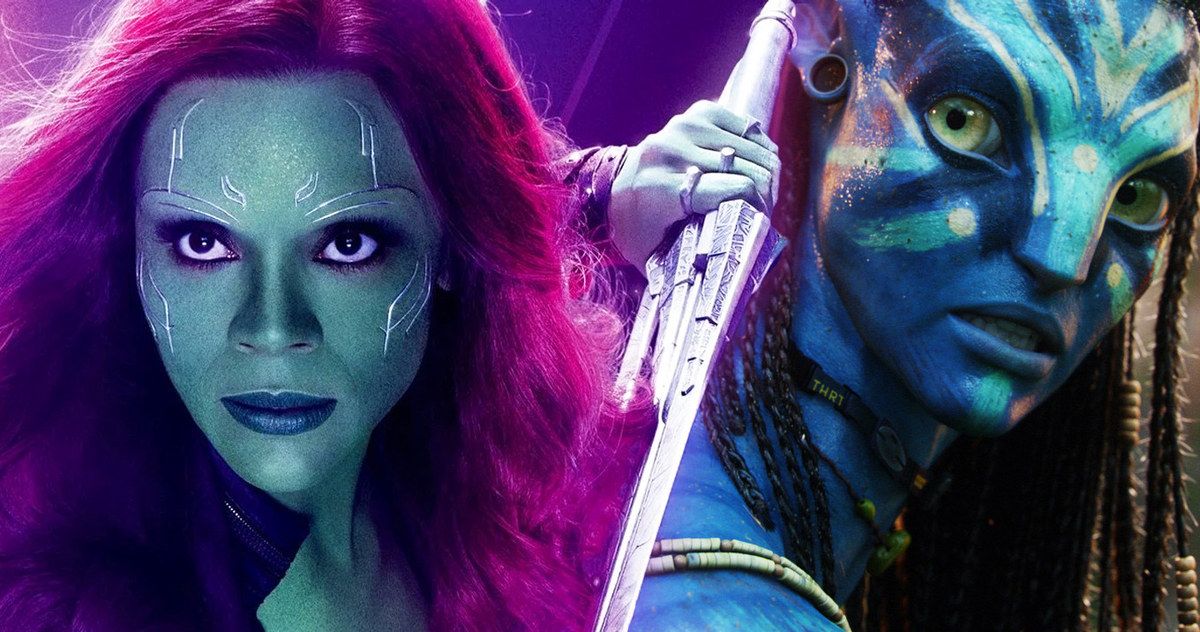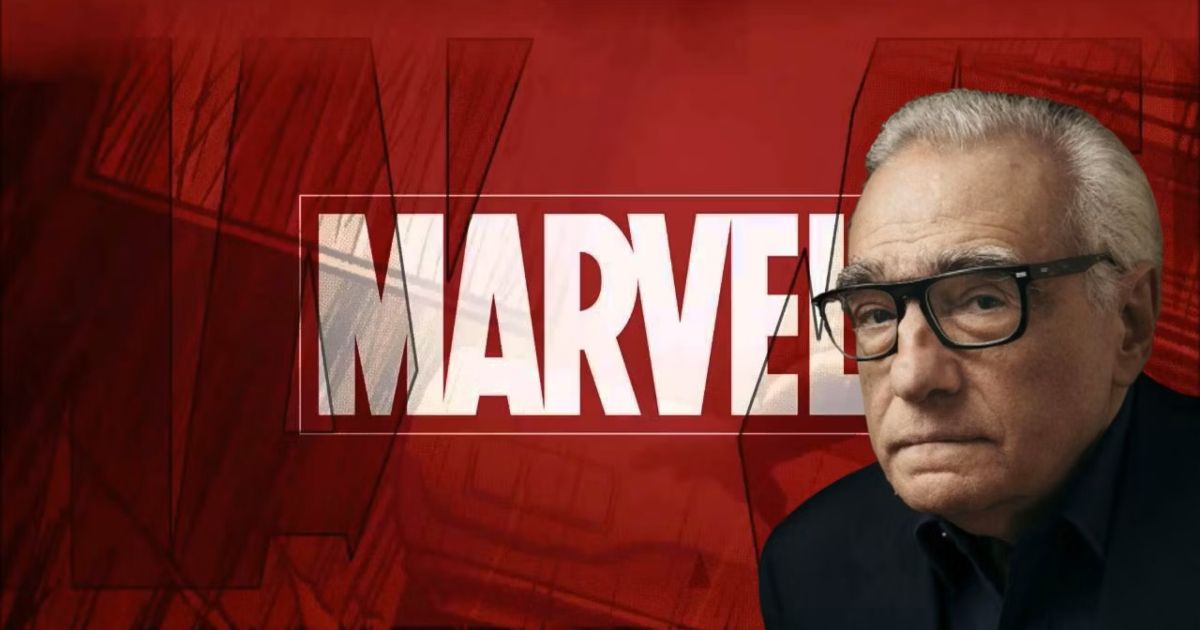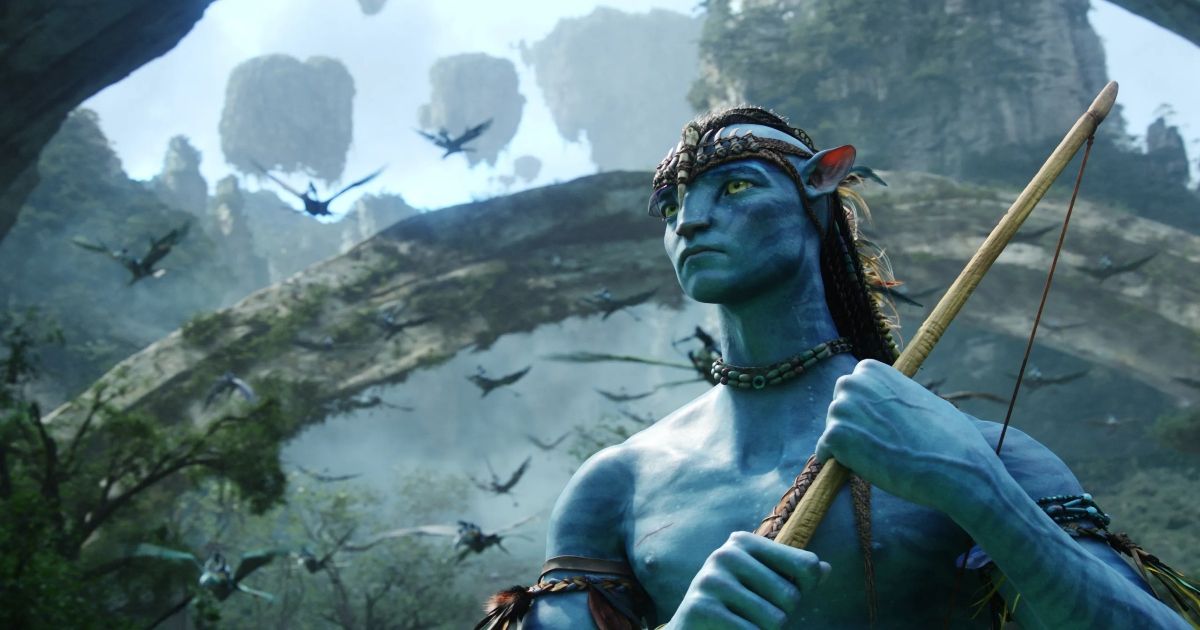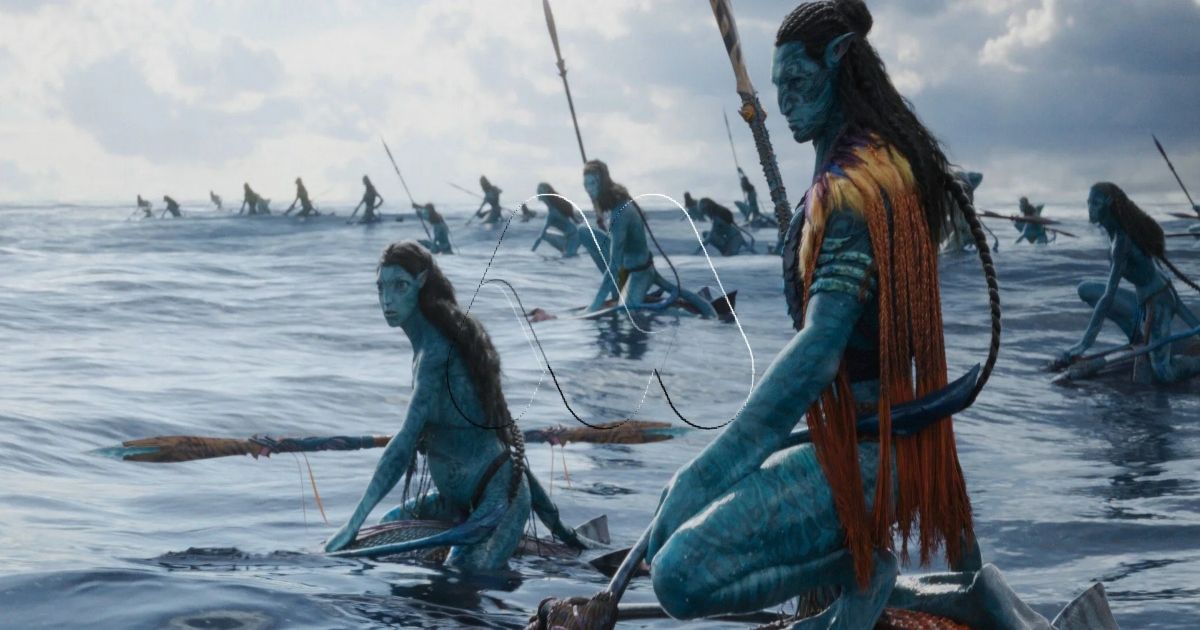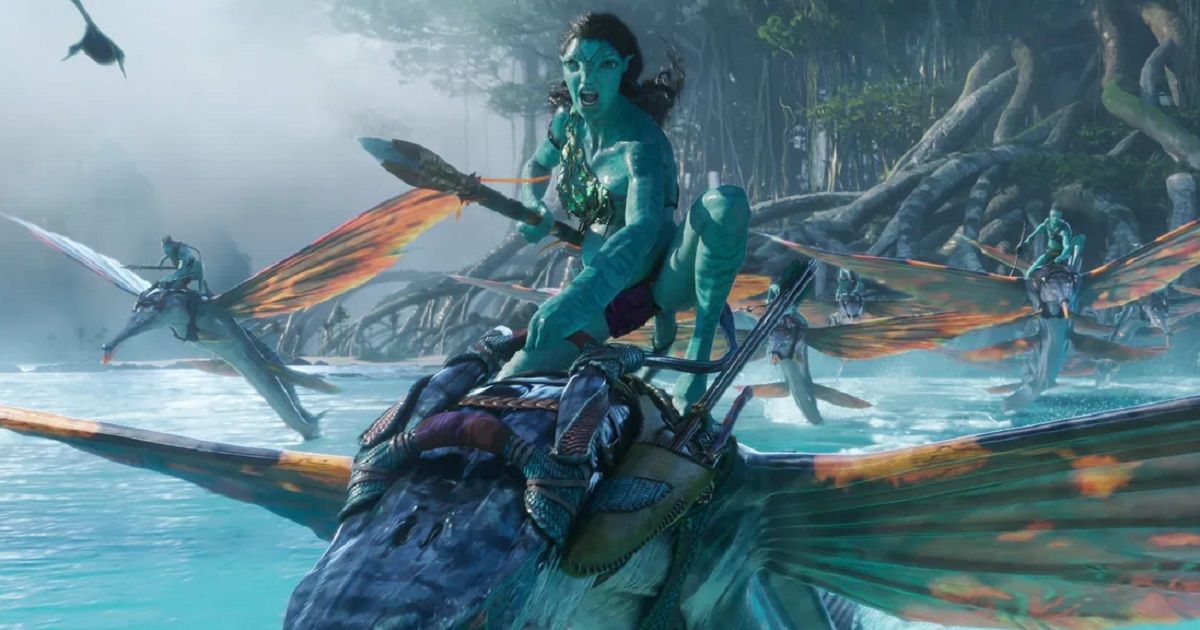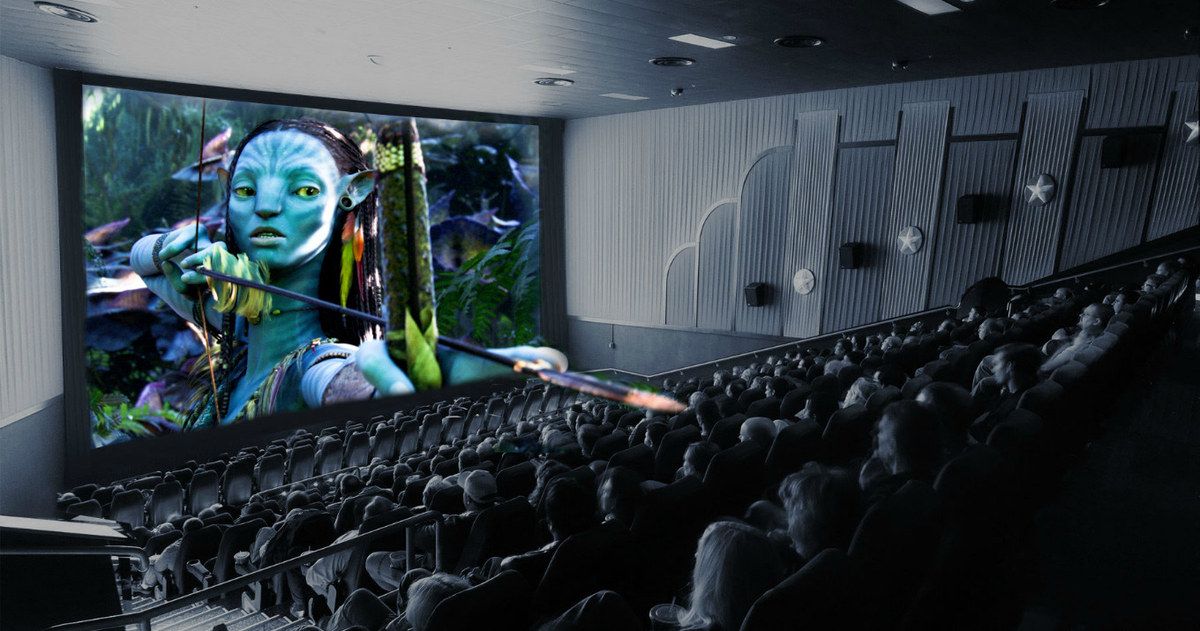The biggest cultural war of the last decade in Hollywood is one that is currently threatens to end the film industry as we know it. For many years now, theaters have been flooded with flashy, big-budget superhero movies. Filmmakers who prefer to make more grounded, character-driven content, most notably Martin Scorsese, have repeatedly dismissed superhero movies as "theme park rides" that cannot be considered "real cinema."
In 2022, an interesting phenomenon was observed where many superhero movies struggled to succeed at the box office, or at least failed to triumph in ways they had before. For the first time in more than five years, a superhero film wasn't at the top of the box office, or even in the top three highest-grossing films Instead, it was James Cameron's Avatar 2 that emerged as a box-office juggernaut (outpacing even Top Gun: Maverick despite being released more than half a year after it). But the success of Cameron's movie is not a win for Scorsese's worldview of what constitutes good cinema. Instead, the impact of Avatar 2 poses a bigger threat to what Scorsese and other filmmakers like him are fighting to preserve.
The Original Argument
To properly understand the problem, first we need to understand what Martin Scorsese meant when he expressed his opinion on superhero cinema. In a now-infamous interview with Empire (via Deadline), Scorsese stated, “I don’t see [superhero movies]. I tried, you know? But that’s not cinema." Further comparing viewing a superhero movie to going to a theme park, the filmmaker opined, "It isn’t the cinema of human beings trying to convey emotional, psychological experiences to another human being.”
In essence, Scorsese was decrying the habit of superhero movies of putting spectacle above character development or relatable human experiences. In other interviews, Scorsese doubled down on his remarks and warned that watching empty spectacle movies made by studio committees instead of individual filmmakers with a singular vision would create a bad habit among audiences. People would only go to theaters to watch spectacles, and smaller films with real artistic merit would not find distribution.
The Rare Success of Avatar
Scorsese's fear of superhero movies crowding out the competition at the box office was well-founded. Ever since the dominance of the MCU began a decade ago, there has been a noticeable lack of smaller or mid-budget movies succeeding at the box office. This in turn has led to studios not wishing to finance smaller, non-superhero-related projects, and more and more dramas and comedies winding up on streaming services instead of in theaters.
In 2009, James Cameron made the first Avatar movie. It was a wholly original film that Cameron had made with painstaking effort over many years, pouring all his resources into creating a movie-going experience that could not be duplicated by superhero movies. Avatar became the highest-grossing film ever made, and cinephiles celebrated that success as proof that theater audiences were still hungry for original, non-superhero content.
The Even Rarer Success of Avatar 2
Cut to 2022, and against all odds, James Cameron released a sequel, Avatar: The Way of Water, to just as massive a box office as the original movie enjoyed. The success of the film in a year when superhero movies were failing at the box office was all the more notable. But fans of true cinema should not start cheering just yet. According to the original arguments against superhero movies made by Martin Scorsese, Avatar 2 is an even bigger offender.
To start with, each Avatar movie needs a giant budget, much more than even superhero movies require. This once again creates the issue that Scorsese complained about, where funding is taken away from smaller film projects because studios are so eager to finance big-budget movies which can make billion-dollar profits.
Does Avatar Qualify as Real Cinema?
We also have to remember that all the storytelling problems Martin Scorsese has with superhero movies apply equally well to the Avatar franchise. Just like superhero movies, the Avatar films feature simplistic plots and characters, with the main focus being on fancy action set pieces and gorgeous special effects that audiences would be eager to watch in theaters.
This is not a random internet critic's opinion of the Avatar franchise. James Cameron himself has freely acknowledged that he prefers to keep the plot and characters in his movies simple, particularly in the first Avatar, so that audiences can focus on the cutting-edge special effects he employs to masterful effect. Cameron may be an auteur just like Scorsese, but that does not mean he subscribes to the latter's opinion that only films with deep stories and characters qualify as 'real cinema.'
Is Avatar Like a Theme Park Ride?
The biggest affront that MCU fans felt Martin Scorsese lobbed at superhero movies was by calling them theme park rides, where audiences are only meant to gasp and cheer at the spectacle rather than create a deep emotional connection with the story and characters. But movies in the Avatar franchise do the exact same thing. In fact, considering their main appeal is the ultra-realistic 3D gimmick that Avatar introduced and Avatar 2 perfected, the movies can be considered even more akin to theme park rides than superhero fare.
Now that Avatar is officially a franchise, it has become an even bigger threat to Scorsese's view of cinema than superhero movies. For a decade, other movie studios tried and failed to replicate the success of the MCU with their own cinematic universes. The Avatar series is the first franchise in years to not just rival the MCU but beat them at their own game. This means even more studios will be emboldened to go all in on creating big-budget franchises, and once again it will be the small-to-mid-budget movies that will struggle to find funding.

